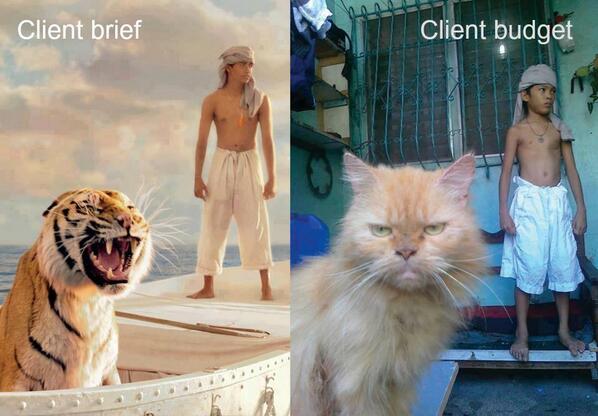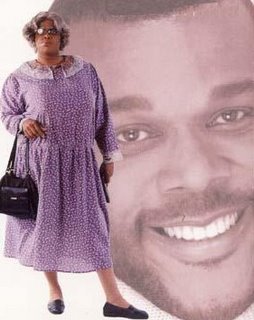I still can’t believe the wide eyed expression I get when the first project item I talk with to prospective clients is about money. “What is your budget?” Is the first question I tend to ask after all the introductory small talk.
That number one important business question elicits the same expression as if you asked the person sitting across from you in the conference room, “Was that you who farted?” The response: dead silence, avoidance, uncomfortable banter unrelated to a dollar figure. You watch a person dance around the question, as if trying to move away from the rotten-egg smell, but the smell is obviously out there and needs to be addressed. I characterize it as “money talk discomfort.” Money talk verbally constipates people for various reasons.
If a car sales man asks what is your budget, most wise people would bat a low-balled figure back for fear of the car salesman taking advantage of a sales situation in the favor of the salesman. In this situation, people feel like a fool for being honest about how much money they have to put towards their purchase.
A good producer will ask you your budget, and then attempt to work within that budget. If you tell them you have a $50 Million budget, they are going to produce for you a $50 Million dollar movie. If you tell them you have a $5,000 budget, they are going to produce for you a $5,000 movie. So, what can you do to feel comfortable about turning over your budget to your producer? Interview a multitude of producers and review their different proposals for at least creativity, quality, super-itemized bids, and integrity are just six considerations I discuss in this article for getting to a bottom line that you can appreciate.
1. Tell various producers what your vision is and how close they can come to your vision based on your budget.
2. Creativity/Quality – A good producer will be able to be very creative to get as close to your vision as possible by finding ways to save you money, cut corners, and be flexible, but still give you a quality product.
3. Super-Itemized – The budget should be “super-itemized” because you need to see exactly where the money is proposed to go. If you don’t know where the money is intended to go, you don’t know where you may be able to cut costs more if, by chance you go over-budget, or you just want to find a way to come in under budget.
4. Integrity- I consider budgets a reflection of the producer’s integrity. If a producer tells all of the bidders what to bid on, that lacks integrity. If a producer only tells only buddies about the request for proposals, that lacks integrity. If the producer allows one bidder to scoop up all of the bid on areas by a cherry picking method based on what the budgeted amounts are, that lacks integrity. The producer should not discuss money with any bidder unless the producer is negotiating the amount proposed by the bidder.
5. Written Contracts- Once you approve of the budget and bidders, a good contract is necessary. A tight contract will ensure your expectations are met. And, if they aren’t being met, you’ll have a legal leg to stand on if you need to pursue legal action.
6. Regular Monitoring- Meet with the producer regularly to reconcile the budget with the production schedule and current expenses. Have a checks an balances in place such that expense approvals must be made prior to the expense being made as opposed to after. Limit the amount of people who can approve expenses and make sure the consequences of spending money without approvals are well-publicized throughout all departments.
Realistically speaking, a movie studio that regularly produced movies, probably does have “buddies” that it works with, only they are referred to as “partners.” Usually, their are contracts already in place indicating what the studio is willing to pay for certain services. While those contracts are at low rates, the producer (or studio that hires the various producers) acting as a middle man, may hike up the proposal rates in order to make a profit. A good rule of thumb, is to get a lot of independent proposals, references, and sample work, and make the decision based on the best value rather than solely based a dollar amount. At least that way, your clients and partners can end their budget discussions on a rosy note.









